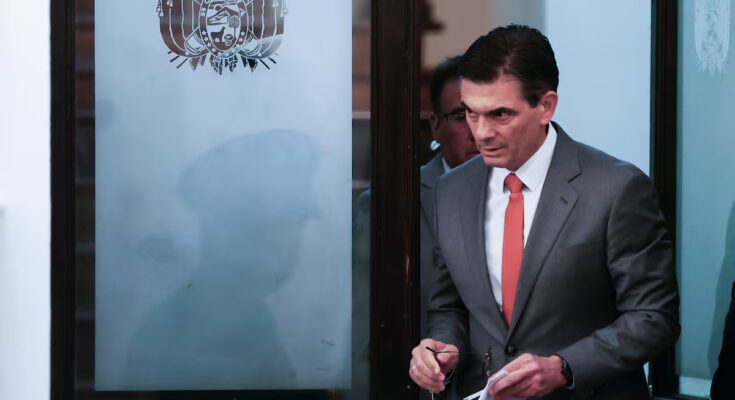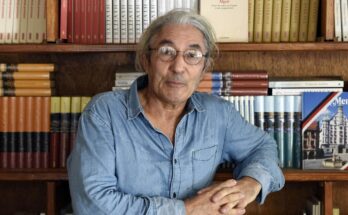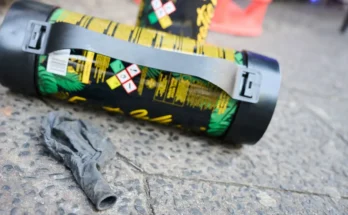The Drug Enforcement Administration (DEA) will return to operate in Bolivia after being expelled in 2008, along with the US embassy, by the government of Evo Morales. This is one of the first decisions of the new president, Rodrigo Paz, announced by the Government Minister (Interior), Marco Antonio Oviedo. “We will have the collaboration of several international agencies, including, of course, the DEA. Because drug trafficking and terrorism do not belong to one nation alone,” he said at an official event on Wednesday.
Oviedo mainly targeted the coca-producing region known as the tropics of Cochabamba or Chapare, Morales’ political stronghold and with the least regulation on leaf production. Coca growers in the area have warned that they will not allow the international agency to be installed.
The return to cooperation is part of the escalation of violence that the country has suffered this year due to organized crime and the reopening of diplomatic relations between Bolivia and the United States after Paz’s rise to power. The deputy minister for controlled substances, Ernesto Justiniano, argued that the presence of the international anti-drug agency will take place “as soon as possible”: “Without the DEA we have retreated into the fight, fighting blindfolded. The problem of drug trafficking in Bolivia is that large quantities of cocaine are produced and it is not known how much, nor which organizations deal with it.” The support, he assured, will be technological, logistical and training.
Although the DEA has been collaborating with the country since the 1970s, its presence intensified in the 1980s and 1990s, with the increase in drug trafficking and the “war on drugs” policy promoted by Washington. At that time, coca leaf production increased dramatically in Chapare. Minister Oviedo claims that everything harvested in that region has an illegal destination and contrasts what is grown in the pre-Hispanic province of Los Yungas (La Paz) as “legal coca”.
The Chapareño population, especially the farmers, do not have good memories of the times of the DEA: the forced burning of the coca fields, supervised by armed agents, ended with harsh clashes that caused around twenty deaths.
The tensions and arrests of the time were recalled on Wednesday in a press conference by the cocaine leader Aquilardo Caricari. “We are determined: we will not allow any military base to be set up in the tropics of Cochabamba. If they want to bring the DEA back, let them bring it to the border, where the international trafficking supposedly takes place,” he said. The position was supported by Morales in his report
The friction between Morales and the new government was evident from the first day of the administration. The former president denounced that Paz did not keep his electoral promise to resolve, from his first day as president, the problem of fuel shortages affecting the country. He also attacked the obvious rifts between the president and the vice president, Edman Lara. The latter, during the campaign, had assured that Chapare coca would be “respected” and that the intervention of the DEA was not necessary. The response to the former president came from Oviedo: “Evo doesn’t understand life without being president (…) He is psychologically affected, which is why he tries to destabilize from day one.”
Even harsher was the father of the head of state and former president, Jaime Paz, who said that Morales “seeks to be massacred”. Morales used the threat this Thursday to relaunch, with a narrative of resistance, the participation of his nascent party, Evo Puebloin next year’s municipal elections. The coke leader urged his base to “repeat” the support he claims to have obtained in the first presidential round on August 17, when he promoted the null vote, an option that hovered around 20%, compared to the historic 5%.
Minister Oviedo announced that the coca plantation in Chapare will be replaced by other economic activities. “We need to promote more attractive programs for our compatriots. Why not develop hospitality capacity? It is an attractive tourist area,” he proposed. The initiative evokes the days of compensated eradication of the last century, before the “strong hand” of the DEA, a plan that failed because no other crop or activity was as profitable as coca, which can be harvested up to four times a year.



